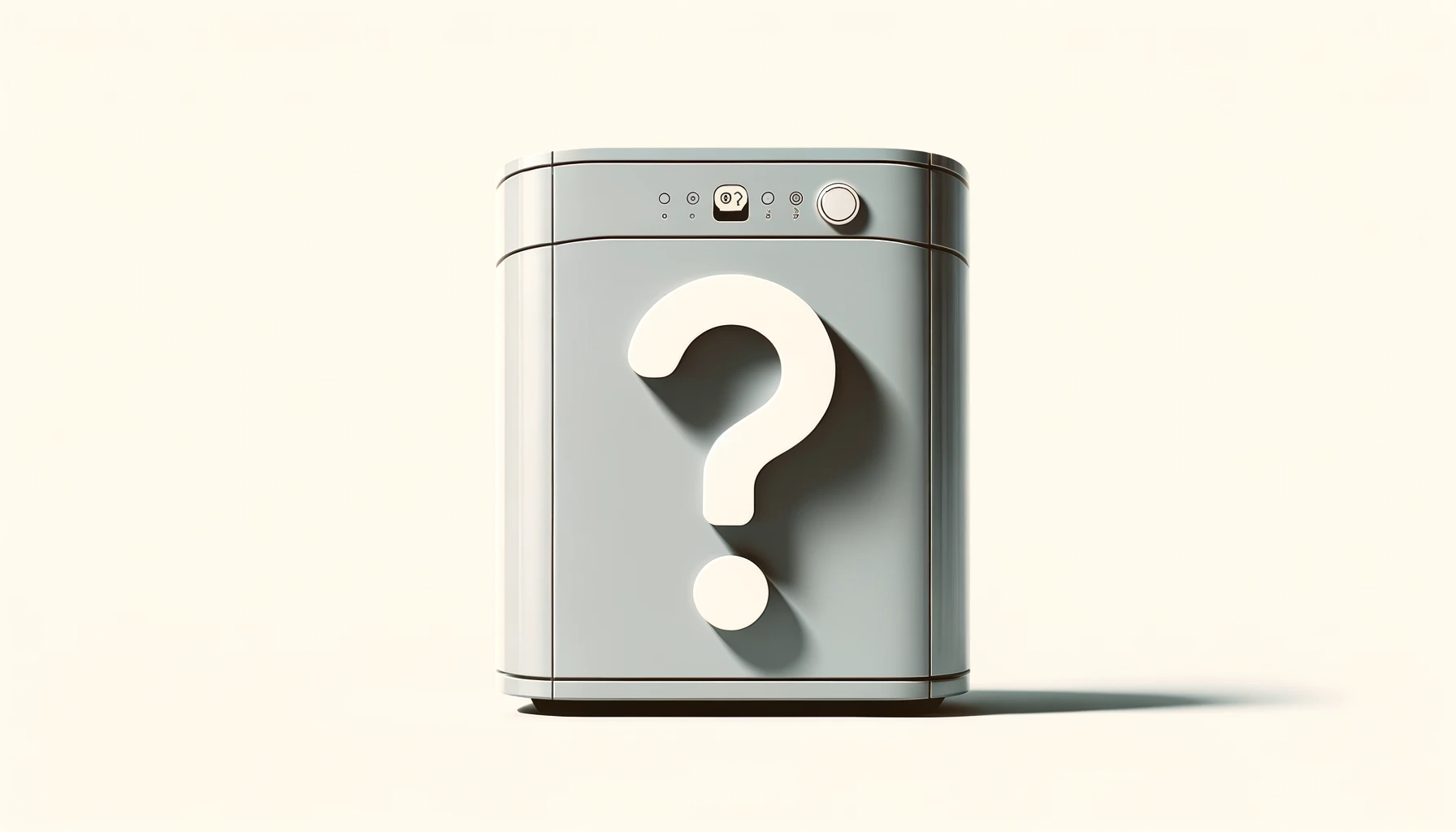
Water is essential for life, and access to clean and safe drinking water is a fundamental human right. However, the availability of pure, potable water is not the same everywhere in the world. This has led to a growing debate over whether water purifiers are a luxury or a necessity. In this article, we will explore the factors that influence this debate and provide valuable insights into the role of water purifiers in ensuring safe and healthy water for all.
Understanding the Importance of Clean Water
Clean and safe drinking water is vital for maintaining good health. Contaminated water can carry harmful microorganisms, chemicals, and pollutants that can lead to various health issues. Waterborne diseases such as cholera, dysentery, and typhoid are still prevalent in many parts of the world, primarily due to the lack of access to clean water.
The World Health Organization (WHO) estimates that 2.2 billion people worldwide do not have access to safe drinking water services, while 4.2 billion people do not have safely managed sanitation services. This alarming statistic highlights the global water crisis, underscoring the importance of clean water as a necessity.
The Luxury Argument
In some developed countries with robust water infrastructure and stringent quality regulations, people often rely on tap water. They may argue that water purifiers are a luxury because they have access to clean water without additional treatment. This perspective is valid in regions where tap water is rigorously monitored and treated, ensuring that it meets or exceeds established safety standards.
However, even in these regions, there can be issues with water quality. Aging infrastructure, pollution, and natural contaminants can still pose risks to the water supply. In such cases, water purifiers can act as an extra layer of protection, ensuring that the water coming out of your tap is as pure as possible.
The Necessity Argument
On the other hand, in many parts of the world, the luxury of safe tap water is simply not a reality. Access to clean and safe water is often a daily struggle, and people in such regions often rely on alternative sources like wells, rivers, or boreholes. These sources are susceptible to contamination, making water purifiers a necessity for these communities.
Moreover, natural disasters and emergencies can disrupt water supplies, making it crucial to have a reliable water purifier on hand. Water purifiers can be a lifesaver during such situations, ensuring that individuals have access to safe water for drinking and cooking.
The Role of Water Purifiers
Water purifiers come in various forms, including filtration systems, ultraviolet (UV) purifiers, and reverse osmosis systems. They are designed to remove impurities, bacteria, viruses, and chemicals from water, making it safe for consumption. The choice of a water purifier depends on factors such as the quality of the source water, budget, and specific filtration needs.
1. Filtration Systems: These are designed to remove particles, sediments, and some bacteria. They are commonly used for improving the taste and odor of water.
2. UV Purifiers: UV purifiers use ultraviolet light to disinfect water by inactivating microorganisms. They are effective in killing bacteria and viruses.
3. Reverse Osmosis Systems: These are capable of removing a wide range of impurities, including heavy metals, chemicals, and dissolved solids. They are known for their thorough purification.
The Environmental Consideration
One of the arguments against water purifiers as a necessity is the environmental impact of producing and disposing of water purification systems. Some purifiers use replaceable cartridges, which can contribute to plastic waste. However, many water purifiers now focus on sustainability and offer options for filter recycling, reducing their environmental footprint.
Additionally, by investing in a water purifier, individuals can reduce their reliance on bottled water, which also has a significant environmental cost in terms of production, transportation, and plastic waste. This shift towards more sustainable drinking water solutions supports the necessity of water purifiers in reducing our overall environmental impact.
Conclusion
The debate over whether water purifiers are a luxury or a necessity ultimately depends on where you live and the quality of your water supply. In regions with consistent access to safe tap water, a water purifier may be considered a luxury. However, even in these areas, water purifiers can offer peace of mind and extra protection.
In regions with unreliable or contaminated water sources, water purifiers are undoubtedly a necessity. They can mean the difference between good health and waterborne illnesses.
As the global population grows, and environmental challenges continue to affect water quality, the role of water purifiers becomes increasingly important. In an ideal world, access to clean and safe water should be a universal right, but until that becomes a reality, water purifiers will continue to play a crucial role in ensuring our well-being.
In conclusion, whether you view a water purifier as a luxury or a necessity may depend on your individual circumstances, but one thing remains clear: access to clean and safe drinking water is a fundamental need that should be met for all people, regardless of where they live.
*References*:
1. World Health Organization (WHO). (2021). Water, sanitation, hygiene, and health: A primer for health professionals. https://www.who.int/water_sanitation_health/publications/primerphc/en/
2. United Nations. (2019). Sustainable Development Goals – Goal 6: Clean Water and Sanitation. https://www.un.org/sustainabledevelopment/water-and-sanitation/
3. U.S. Environmental Protection Agency. (2021). Safe Drinking Water Act. https://www.epa.gov/sdwa
4. Environmental Protection Agency. (2022). Household Water Treatment. https://www.epa.gov/safewater/household-water-treatment
5. United Nations Children’s Fund (UNICEF) and World Health Organization (WHO). (2019). Progress on household drinking water, sanitation, and hygiene 2000-2017: Special focus on inequalities. https://www.unicef.org/reports/progress-household-drinking-water-sanitation-and-hygiene-2000-2017